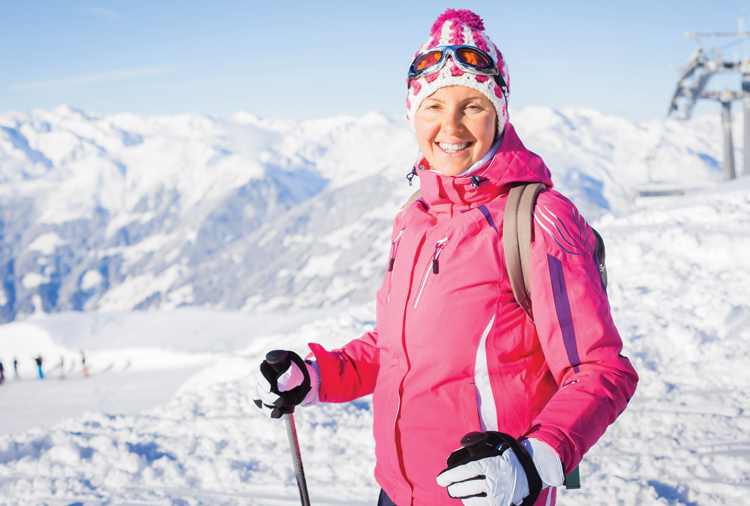
Your Hearing Aids all Year Round
For people with hearing aids, going outside and doing sports can be a real challenge. In fact, doing sports isn’t always a good match with wearing hearing aids because of sweat, dust, impact, water, cold and so on. Here are some tips to make it easier to use them while doing sports.
Hearing aids, moisture and sweat
Sweating and moisture are inevitable in most sports, making it hard to keep hearing aids dry. Moisture is one of the main reasons they can malfunction. Moisture and sweat from the ear build up in the hearing aid and affect its battery life, decrease its sensitivity and cause other problems.
Tips to prevent damage from moisture
- Use a dehumidifier and an earmold air blower or an electric dehumidifier after physical activity. They help prevent excessive moisture.
- Wear a headband to keep sweat from soaking your hearing aids.
- Hearing aids can foster bacteria when they get very wet. Daily cleaning will considerably reduce the risk of infection and repair costs.
Impact on your hearing aids
Contact sports can potentially mean hits to your hearing aids or to your ears, which can lead to injury. A soft earpiece can reduce the risk of injury. Hearing aids can also fall out and be lost or damaged when you play sports. It is recommended to wear a headband to keep them from falling out, or use a product like Oto Clip that attaches them securely to your clothing.
Dust and small particles
After a day at the beach or hiking, dust and dirt may have gotten into your hearing aids. To keep them working properly, they need to be cleaned regularly. Clean your hearing aids and earpieces with a soft, dry cloth. Make sure your hands are clean and dry before handling them. Only use products that have been recommended by your audioprosthetist.
Winter and hearing aids
- Protect your ears and your hearing aids with a hat or headband to keep the batteries warm.
- Always carry fresh batteries in winter. Put them in your pants pocket so your body warmth will keep them at the right temperature.
- An electric dehumidifier, available from your hearing professional, can prevent damage from condensation.
Technology for your needs
Several types of hearing aids are now available that use advanced technology to protect against water, impact, dust, moisture and sweat. You no longer have to take them off to keep them from getting damaged or to be sure they’ll still work after your activity.
Some hearing aids have various features that make them adaptable to different conditions. For example, there is a function for wind protection that makes it easier to hear conversations on a golf course.
If you would like to learn more about hearing aids that match your active lifestyle, consult an audioprosthetist and make an appointment today. A professional will be able to advise you on the technology available and the features that will be useful for your needs.
By Nadine Lavoie, audioprosthetist, Groupe Forget

